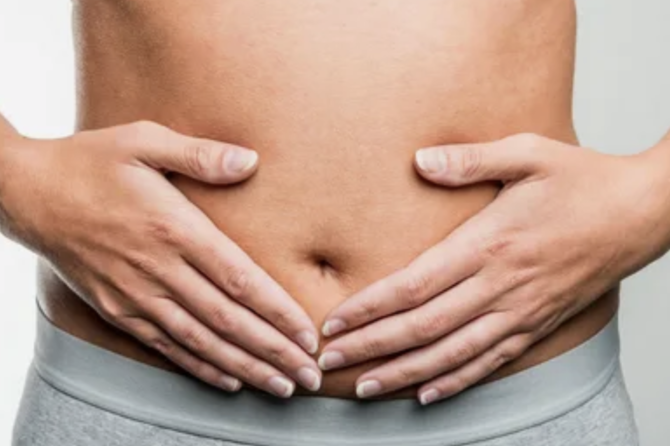
How to Manage Anal Problems During Pregnancy
Pregnancy is a special period marked by extraordinary changes in the body.
Hormonal fluctuations, increased intra-abdominal pressure, and slowed bowel movements during this time can contribute to various anal health issues.
So, why do anal problems occur during pregnancy, and how should they be managed?
Here is a guide for expectant mothers:
Why Do Anal Problems Occur During Pregnancy?
The main causes of anal discomfort during pregnancy include:
- Increased Intra-Abdominal Pressure: The growing uterus compresses pelvic veins, making blood flow more difficult.
- Hormonal Changes: Especially due to progesterone, blood vessels dilate, and connective tissues loosen.
- Constipation: Pregnancy hormones slow bowel activity, leading to constipation.
- Weakened Vessel Walls: Blood vessels become more sensitive and less resistant to pressure.
These combined factors can lead to anal conditions such as hemorrhoids.
Most Common Anal Problems During Pregnancy
Hemorrhoids
The most frequently encountered issue.
It occurs when veins around the anus swell and sometimes bleed.
Anal Fissure
Constipation can cause small tears in the anal lining during defecation.
Symptoms include severe pain and bleeding after bowel movements.
Anal Abscess
An infection can cause painful swelling and redness around the anus.
Advanced abscesses may lead to fistula formation.
Swelling and Itching in the Anal Area
Vein dilation and skin changes due to pressure can cause discomfort around the anus.
Which Symptoms Should Be Taken Seriously?
Some symptoms during pregnancy can signal urgent issues:
- Bright red bleeding after bowel movements
- Persistent pain and difficulty sitting
- Pus or foul-smelling discharge from the anus
- Severe swelling and fever
- Non-healing wounds or ongoing discharge
These signs require immediate medical attention.
How to Manage Anal Problems During Pregnancy
At-Home Preventive Measures:
- Warm sitz baths
- Fiber-rich diets (vegetables, fruits, whole grains)
- Adequate water intake (at least 2–2.5 liters daily)
- Regular toilet habits to prevent constipation
When to See a Doctor?
- If pain is severe
- If bleeding continues
- If swelling increases or infection is suspected
👉 Treatments during pregnancy must be chosen carefully. Medications should be used only with medical approval.
Medication Guidelines During Pregnancy
- Topical creams and suppositories may be safe options.
- Systemic (oral) medications are often restricted during pregnancy.
- Corticosteroid-containing products must be used under medical supervision.
Laser and Other Interventions
In severe cases of hemorrhoids or fissures, laser treatments may be scheduled for the postpartum period.
Tips for Maintaining Anal Health During Pregnancy
- Balanced Nutrition: Prioritize fiber-rich, natural foods.
- Stay Hydrated: Drinking enough fluids helps prevent constipation.
- Light Exercise: Daily walks promote bowel function.
- Toilet Habits: Avoid straining and don’t delay bowel movements.
These simple steps can significantly reduce anal discomfort.
Approach to Anal Problems During Pregnancy at Avrupa Cerrahi
At Avrupa Cerrahi:
- We apply pregnancy-specific treatment plans.
- We collaborate closely with obstetricians.
- We provide fast solutions with laser and minimally invasive methods during postpartum recovery.
👉 We are with you every step of your health journey.
Frequently Asked Questions (FAQ)
Do pregnancy-related hemorrhoids go away on their own?
Most pregnancy-induced hemorrhoids resolve after delivery. Persistent symptoms require treatment planning.
How is an anal fissure treated during pregnancy?
Most fissures heal with constipation-prevention and topical creams. Advanced cases may need postpartum intervention.
Which anal issues resolve after childbirth?
Hormonal balance and reduced pressure allow hemorrhoids and mild fissures to improve significantly.

Leave a reply